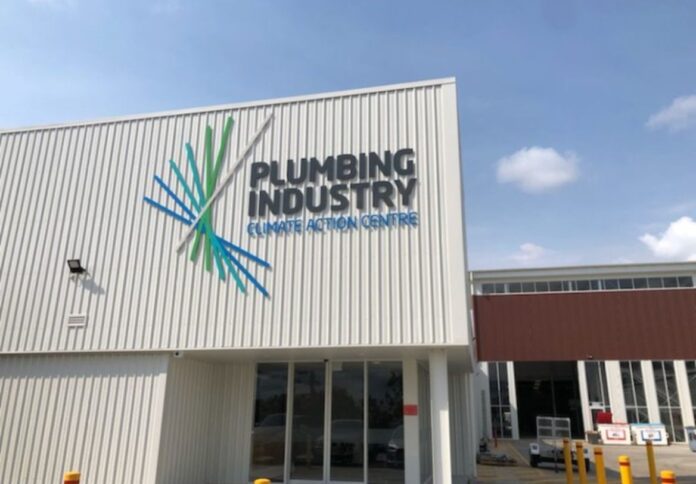
The Queensland government today opened Australia’s first Hydrogen Centre of Excellence to prep the future workforce for the state’s transition into becoming a global hydrogen superpower.
The $20 million vocational training facility located in Beenleigh was established in a partnership between the Queensland government and the Plumbing Industry Climate Action Centre (PICAC).
The new vocational training centre is one of four renewable hydrogen training facilities pledged by the Palaszczuk government, which will create skilled workers that would meet the needs of the state’s future energy system.
Premier Annastacia Palaszczuk said the centre would create more good job opportunities in the state’s growing hydrogen sector.
The state recently unveiled the $62 billion Queensland Energy Jobs Plan, which will drive renewable energy transformation.
The plan includes the development of the state’s hydrogen industry, which is projected to grow by $19 billion and establish 4,350 jobs by 2040.
“But to realise the full economic potential of our energy transformation, we need to invest in our workforce – and this new $20 million training centre does that,” Palaszczuk said.
“We want to deliver Queensland’s energy transformation with our own resources and our own people, which is why we are investing heavily in skills and training.”
Mick de Brenni, minister for energy, renewables, and hydrogen, said the new Centre of Excellence will harness partnerships in order to boost the hydrogen industry in Queensland.
“Working with PICAC means our government will ensure we can fast-track the development of the renewable hydrogen industry,” de Brenni said.
“This partnership demonstrates how working together with industry, unions and government, we can deliver a world-class workforce in Queensland,” de Brenni added. “There are already 40 hydrogen projects happening across the state, and production is planned to scale up under our Queensland Energy and Jobs Plan.
Minister for Training and Skills Development Di Farmer said the centre will expand training capacity from 700 to 1100 apprenticeships and tradies per year, providing training in fire protection, fire control, plumbing, and hydrogen.


















